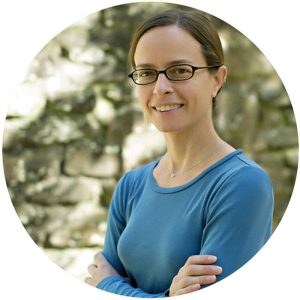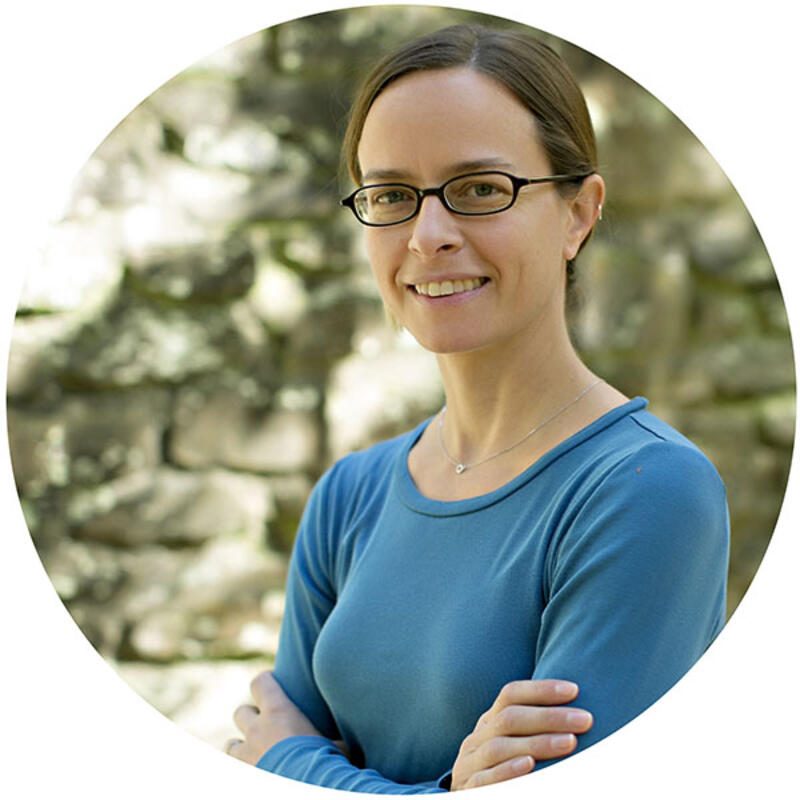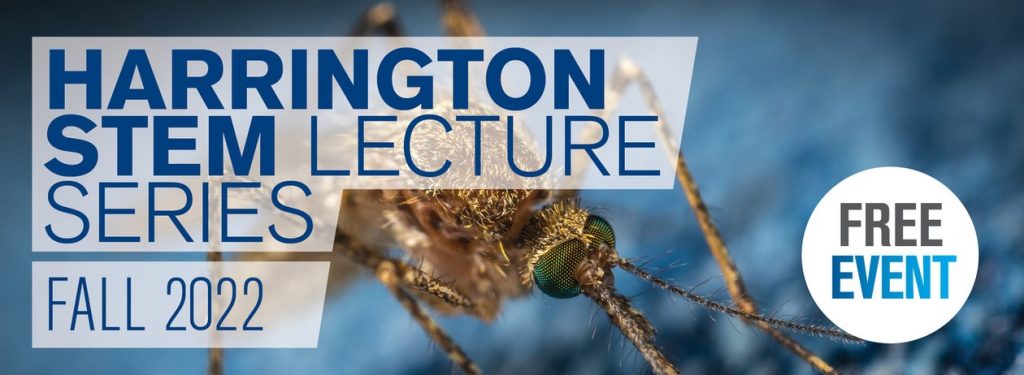Harrington STEM Lecture makes the connection between income levels and health outcomes
The fall 2022 Harrington STEM Lecture brought out Shannon L. LaDeau, disease ecologist at Millbrook, New York’s Cary Institute of Ecosytem Studies, to share findings from a long period of research.
Cary Institute of Ecosytem Studies, to share findings from a long period of research.
In a seven-year study starting in 2014, LaDeau and her team examined the issue of mosquito-borne disease outbreaks in lower income communities, which are more widespread than in higher-income communities.
“When there’s more humans and more of an urban landscape, there’s more viral transmission,” she said.
The disparity between lower and higher-income neighborhoods is stark: LaDeau pointed to how there is a roughly 20 year difference in life expectancy between these communities.
The longitudinal study took LaDeau and her team to areas such as Baltimore, Maryland, a city affected by redlining: the practice of denying a loan to someone because they live in a poor neighborhood. Beginning in the 1960s, this practice emphasized discrimination towards African Americans, and the effects are still felt even after it was outlawed not too long after.
“We wanted to ask how this disinvestment in communities affects its population,” she said.
What they found is that inner-city populations are more vulnerable to mosquito-borne illness: in fact, communities subject to disinvestment have three times the amount of mosquitos roaming around.
Pollution is a significant trigger for a mosquito swarm, and LaDeau’s research uncovered a number of dumping grounds for discarded tires, plastics and other wasteful materials in inner-city areas.
“This legacy of disinvestment leads to more abandoned or vacant land,” LaDeau explained.”We need to do a lot more about the ecology, but human behavior is something we need to examine beyond the data.”
LaDeau also took time to respond to questions from those in attendance, which focused on the social inequities uncovered in her research.
About the Harrington STEM Lecture Series
The School of Science & Engineering hosts Harrington Lectures on major topics of current scientific interest in Science, Technology, Engineering and Mathematics. These lectures, each designed for a general scientific audience, are given by recognized scholars from around the country. The public is cordially invited to these lectures at no charge.
John Harrington was the founding dean of the SUNY New Paltz School of Science & Engineering. This lecture series honors his years of dedication to science, education and collaboration across the STEM disciplines.


